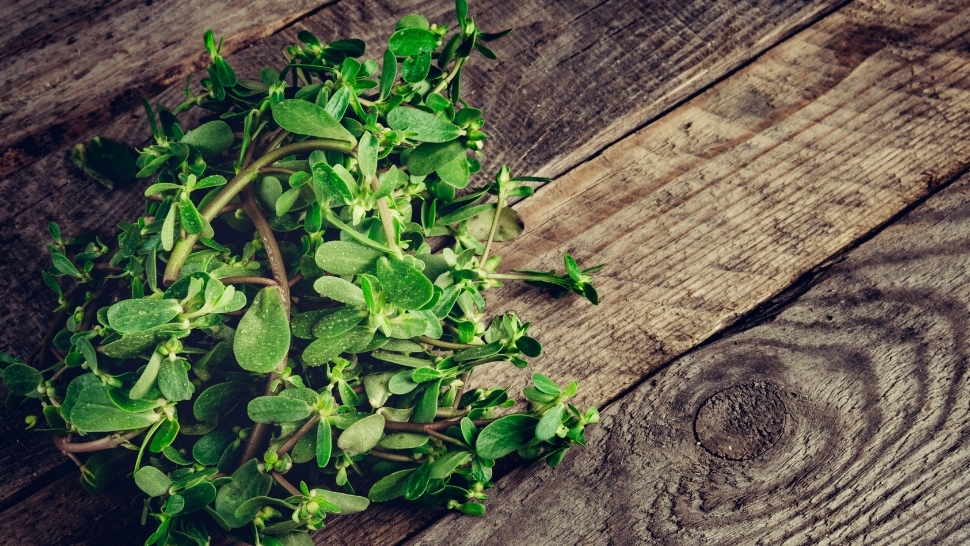
What’s the Buzz?
Can we eat invasive species into submission?
What Does the Science Say?
Invasive species are any type of living organism — from bacteria and fungus to plants and wildlife — that are not indigenous to the ecosystem they are thriving in. They spread unintentionally through travel, typically on ships, shipping crates, or as hitchhikers on our clothes. These “outsiders” often have no natural predators in their new environment and drastically change the ecosystem. The National Wildlife Federation estimates that approximately 42 percent of threatened and endangered species are at further risk due to invasive species.
Enter the question: If invasive species are thriving due to lack of predators, why can’t we rise above them on the food chain? This idea, known as invasivorism, is simple – if a native species can be exploited to extinction, can’t we do the same with an invader? Sounds logical, right? Maybe. It’s easy to imagine eating some invasive species like wild fennel, dandelion greens, or some types of blackberries, but others such as wild boar are out of scope for most of us.
And for those invaders that we can reasonably access and eat, there are a few considerations. First, invasive species thrive in disruption. If we do not remove enough of a species at the right life stage they may thrive and make the population actually grow. The same concept is at play with invasive plant species. If they aren’t completely removed when harvested, and are simply stripped of their leaves or fruits, they will continue to spread and regrow.
But, more worrisome than threat of accidentally increasing the population is the commercialization of invasive species. Creating a monetized (or dependent) market for a product we want to disappear, but is now profitable, will make it hard for the industry to let go. This means edible invasives should be marketed as sustainable specials and viewed as here today but gone tomorrow (or when the species is under control).
What’s the Takeaway?
While we likely can’t eat away all our (invasive species) problems, consuming them brings awareness to the issue. Advocates of invasivorism hope it assists in early detection and response efforts of new invasive populations before they become unmanageable. This way they can be handled through consumption and removal. Marketing around invasive species should also bring awareness to how these species enter a new environment and precautions we can take to prevent the spread.
So go ahead, eat the invasive species that are in your food community – just don’t get too attached.
Read more: learn more about edible invasive species at Joe Roman’s website Eat the Invaders.